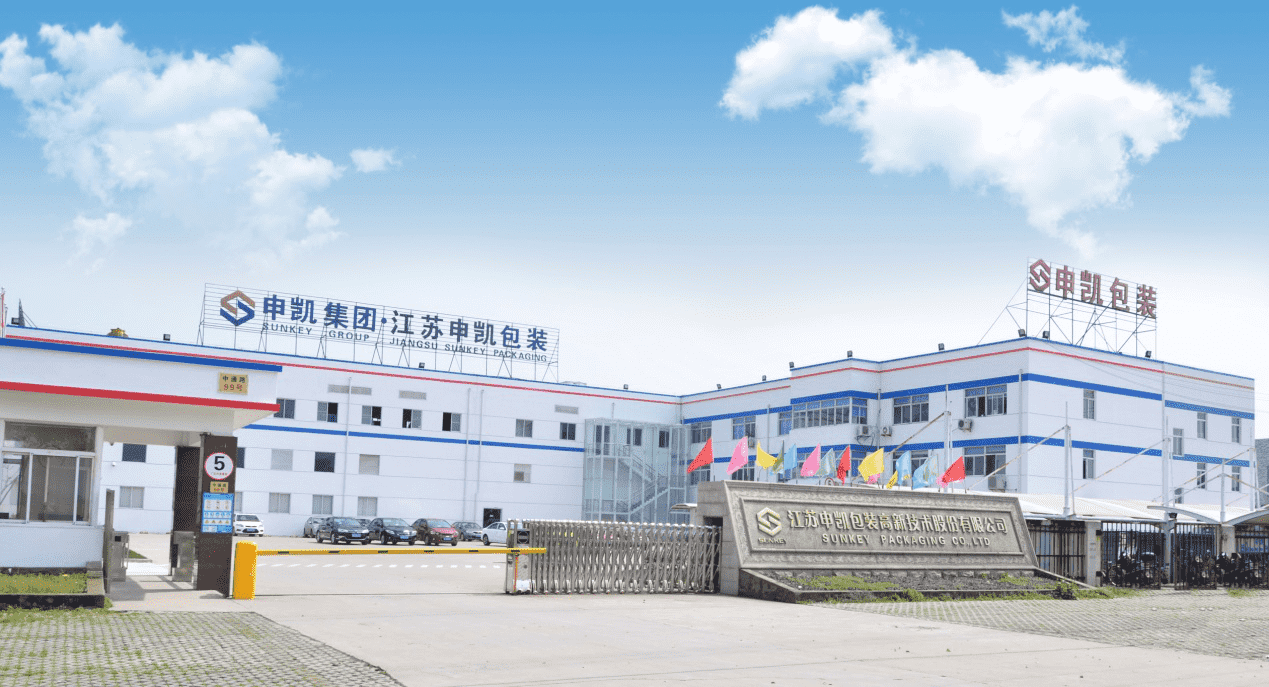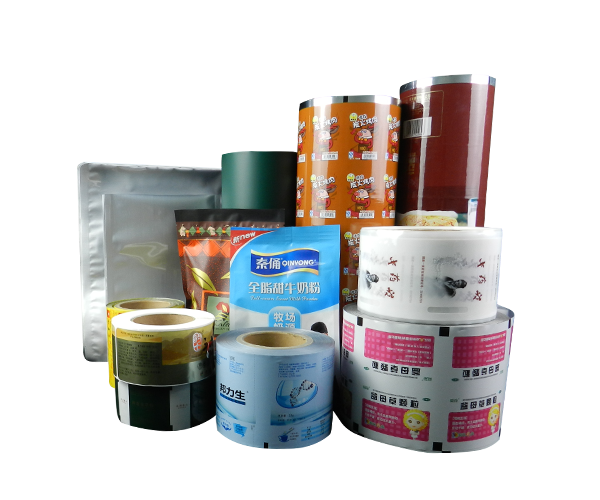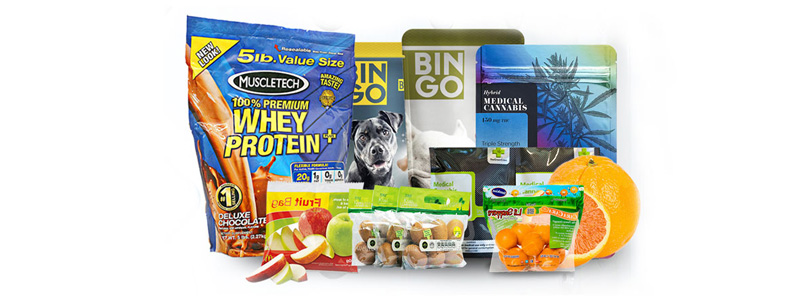Description: Three key insights solidify why flexible packaging is, and will continue, an advanced packaging solution.
As the saying goes, you only get one chance to make a first impression. In the packaging world, flexible packaging is taken into consideration by many to be the optional method for a firm to put its best foot forward. Since the 1950s, flexible packaging has been driving innovation in the industry, offering businesses a much more economical and customizable option to rigid packaging. Consisted of light-weight materials, usually plastic or resin-based, flexible packaging has actually long been the preferred option for food brands, consumer packaged products, and pharmaceutical firms, among others. However, what is it about flexible packaging that makes it so impressive? And how can flexible packaging continue to develop and innovate? There are three essential understandings that cement why flexible packaging is, and will certainly remain, a premium packaging solution.

Packaging that Makes an Impression
In today’s digital world, the “unboxing” of a package is a unique and expected consumer experience. At its core, unboxing combines the senses of sight, sound, touch, and also smell to make consumers really feel valued by the brand. Done right, it can lead to strong client loyalty. Digital printing on flexible packaging, firms can make use of the box interior to provide customers a richer brand experience. By consisting of a firm or product logo, a QR code, or promotional information, customized flexible packaging provides a call to action driving customers back to the firm’s website, social channels, or product promotion platforms leading to enhanced consumer engagement with the brand.
But how can a firm keep repeat clients interested in the unboxing experience? Flexible packaging allows companies to personalize digital printing easily and economically, so every unboxing experience is new to customers. Small changes in the packaging will ensure that the customer experience is always fresh and allow an evolving “dialogue” between the buyer and the brand. When searching for flexible packaging partners, firms should search for experts who can provide packaging design and expertise, from raw material procurement to production. When a firm offers packaging consulting from start to finish, they can collaborate with the brand to design packaging that and tell the brand’s story in a unique and influential way.

Smart Solutions for an eCommerce World
There is no denying that e-commerce is the backbone of American lives. Due to its durability, rigid packaging has historically been the first choice for transportation, flexible packaging is evolving to be an available option for certain companies. Although the structure of flexible packaging is not like that of rigid packaging, its design can absorb vibration and impact and protect the contents. Actually, flexible packaging– whether it be a mailbox or a bag– can replace many less fragile materials, such as books, clothes, and medicines, to name a few. The production of flexible packaging is more economical and takes up less space in transportation, thereby maximizing space, thereby reducing costs, increasing brand value, and allowing them to ship more products at the same time.
However, it is not enough to suggest that firms adopt smart packaging solutions. In 2019, Amazon implemented Amazon Packaging Support and Supplier Network (APASS) for suppliers and manufacturers to certify the durability of their packaging. In order to be certified, packaging must pass a series of rigorous tests to evaluate the effects of shock, compression, vibration and extreme temperatures. Billions of packaging are completed through Amazon each year, so brands that want to compete in the e-commerce field should look for companies that can complete APASS testing and certification, and provide design suggestions for packaging that does not meet the requirements.
By requiring that packaging must be certified by APASS, Amazon requires companies to review all packaging solutions and alternatives to best serve the products they want to ship. For some, flexible packaging is the right solution, and Amazon’s needs help ensure that it is a viable option for implementation.

Smart Sustainability for the Future
As brands are facing increasing pressure from consumers to establish, maintain and expand sustainable business practices, packaging is undergoing the same review. There are currently a variety of optional flexible packaging materials to choose from. These materials are not only sustainable, but also attractive to consumers, which makes them the best choice for brands that want to incorporate more sustainable business practices.
Fiber-based flexible packaging, such as kraft paper, not only provides real protection for the material but is also curbside recyclable, therefore supporting a brand’s efforts to make use of more sustainable packaging. Even certain plastic flexible packaging is now designed to be more environmentally friendly.
The packaging industry has invested in technology to decrease the content required to accommodate and secure the load. If the taste buds are stacked and loaded properly, manufacturers can use a thinner but equally durable plastic to ensure the safety of the material, so that once it is discarded, less space is required and waste is reduced. This process is called “downward measurement”, which means that the manufacturer commits to continuous development and improvement of industry practices where possible.
Flexible packaging is still one of the most dynamic choices for companies seeking effective, portable, and responsible packaging solutions. It really helps companies make a better first impression and continue to please consumers around the world. With the continuous development of the industry, flexible packaging is expected to promote innovation and progress in the cutting-edge packaging world.
